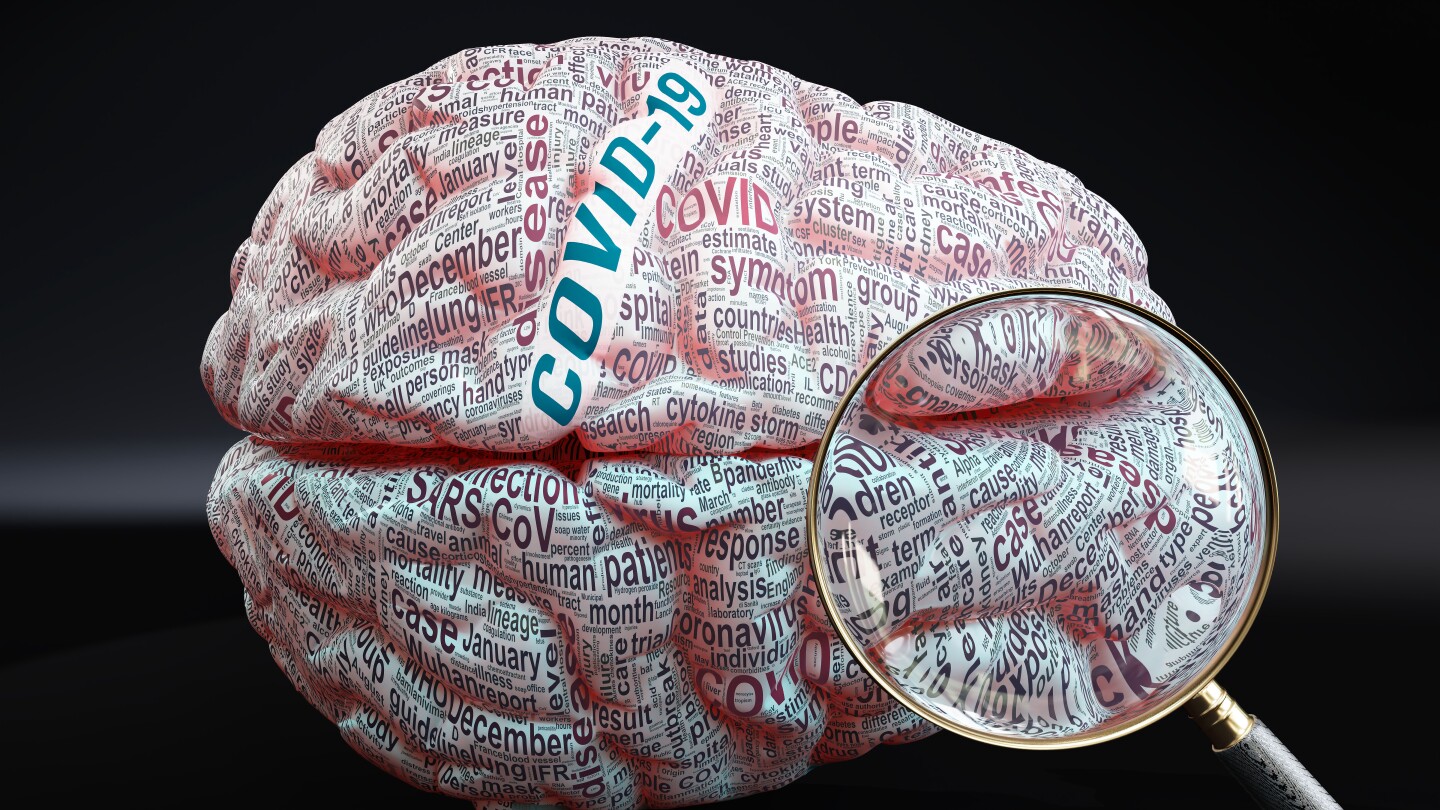Stone Age bacterial genomes reconstructed to make long-lost molecules
Scientists have reconstructed the genomes of microbes from the Stone Age, and used them to produce new molecules. The complex puzzle was pieced together from DNA fragments of bacteria on the teeth of ancient humans and Neanderthals.Continue ReadingCate… Continue reading Stone Age bacterial genomes reconstructed to make long-lost molecules
